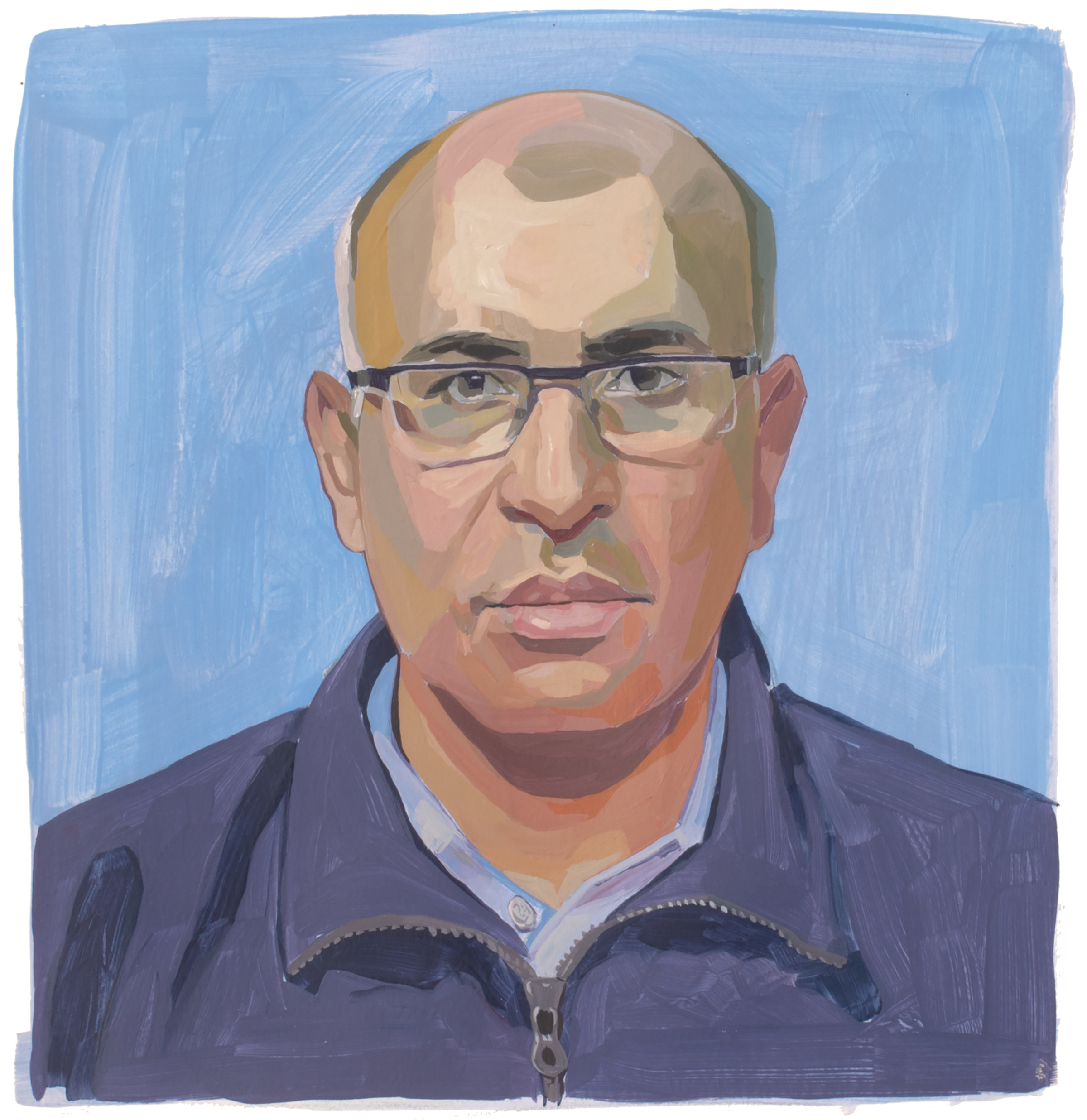Scientists never used to give a spit about saliva. Diagnostically, it was the least useful bodily fluid, especially compared with serum (blood) and urine. But that has changed, partly because of the pandemic, and partly because of some determined Israeli researchers. Raluca Cohen and her colleagues at the Hebrew University of Jerusalem—Aaron Palmon, Omer Deutsch, Guy Krief, and Yoav Neumann—have devised an oral pregnancy test, the SaliStick, now available in the U.K. “Saliva has many proteins,” says Cohen, chief scientific officer of Salignostics, the company behind the test. “50% to 70% of them are alpha amylases and hemoglobins, which block the sight of other biomarkers.” To make it diagnostically useful the scientists had to filter out the proteins that were hiding the relevant hormone, as well as develop a more sensitive detection method. And to test their idea, they had to collect large amounts of saliva from newly pregnant women, an effort which Cohen, who was pregnant at the time, spearheaded.
While the pandemic delayed their U.S. Food and Drug Administration approval process, the SaliStick got a lift from the U.S. National Institutes of Health’s RADx program, which was set up to fast-track COVID-19 tests. A lot of the feedback the company got for its SaliCov COVID-19 test was applied to SaliStick. “We believe that the diagnostic field of saliva is a huge platform,” says Cohen. “Sampling with saliva means not going to the doctor. You can test yourself at home and then have a videoconference with the doctor or nurse. It simplifies everything.” Their next target will be a boon to all parents: a test for strep throat
More Must-Reads from TIME
- How the Electoral College Actually Works
- Your Vote Is Safe
- Mel Robbins Will Make You Do It
- Why Vinegar Is So Good for You
- The Surprising Health Benefits of Pain
- You Don’t Have to Dread the End of Daylight Saving
- The 20 Best Halloween TV Episodes of All Time
- Meet TIME's Newest Class of Next Generation Leaders
Contact us at letters@time.com





